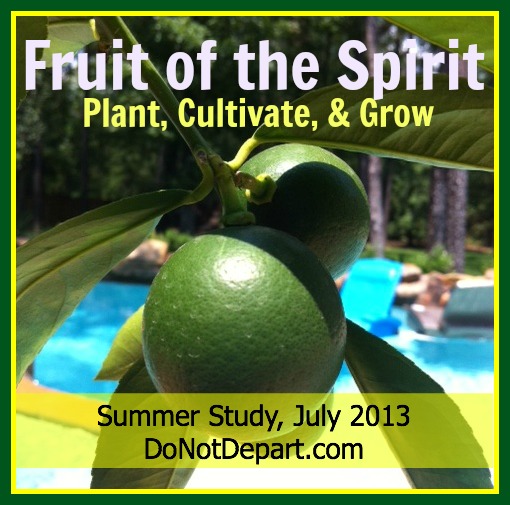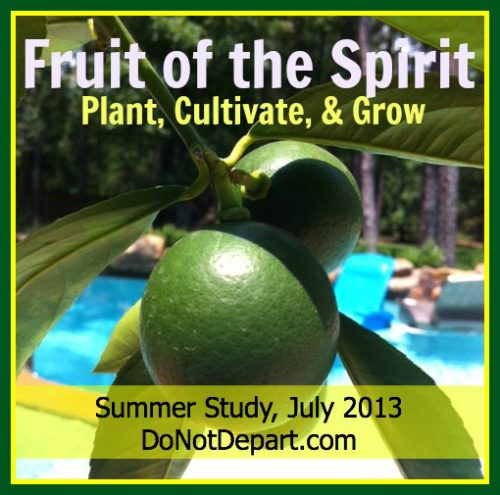I would not have wanted Isaiah’s job. For 60 years he went to work every day to warn God’s people of His coming judgment on their unrepentant sin. The job must have had great benefits, because he stuck with it until the end.
Even though Isaiah’s message and contained a lot of “gloom and doom,” life-giving portions of it promised God’s restoration and ultimate salvation. All this month, we’ve focused on chapter 55, one of those hope-filled sections of Isaiah’s prophecy.
Today, we’ll finish the chapter with verses 12 and 13. But let’s get a running start. Here is Isaiah 55:10-13 from the NLT:
10“The rain and snow come down from the heavens and stay on the ground to water the earth. They cause the grain to grow, producing seed for the farmer and bread for the hungry. 11 It is the same with my word. I send it out, and it always produces fruit. It will accomplish all I want it to, and it will prosper everywhere I send it.
12 You will live in joy and peace. The mountains and hills will burst into song, and the trees of the field will clap their hands! 13 Where once there were thorns, cypress trees will grow. Where nettles grew, myrtles will sprout up. These events will bring great honor to the Lord’s name; they will be an everlasting sign of his power and love.”
God’s Word will fulfill God’s purposes. I love that we can trust this promise!
I also love that God intends for His Word to bring His people joy and peace. When we receive and accept His Word in our lives it will fill us with His joy and peace. God’s Word will restore and refresh.
Where grief and sadness once grew, His abundant love will take root and a song will burst forth from our lips. Where sadness once ruled, God’s power will reign and our feet will begin to dance to the Father’s heart beat.
Is your life overgrown with thorns and briers? Immerse yourself in God’s Word today. The mountains will begin to sing and the trees will clap their hands!



















 Wisdom literature comes in a variety of forms, but the best know is probably the “proverb.” Proverbs are easy to remember and often fun to say. For instance, men love to quote Proverbs 21:9: “Better to live on a corner of the roof than share a house with a quarrelsome wife.” (Ladies, unfortunately this is sad, but true!)
Wisdom literature comes in a variety of forms, but the best know is probably the “proverb.” Proverbs are easy to remember and often fun to say. For instance, men love to quote Proverbs 21:9: “Better to live on a corner of the roof than share a house with a quarrelsome wife.” (Ladies, unfortunately this is sad, but true!)


